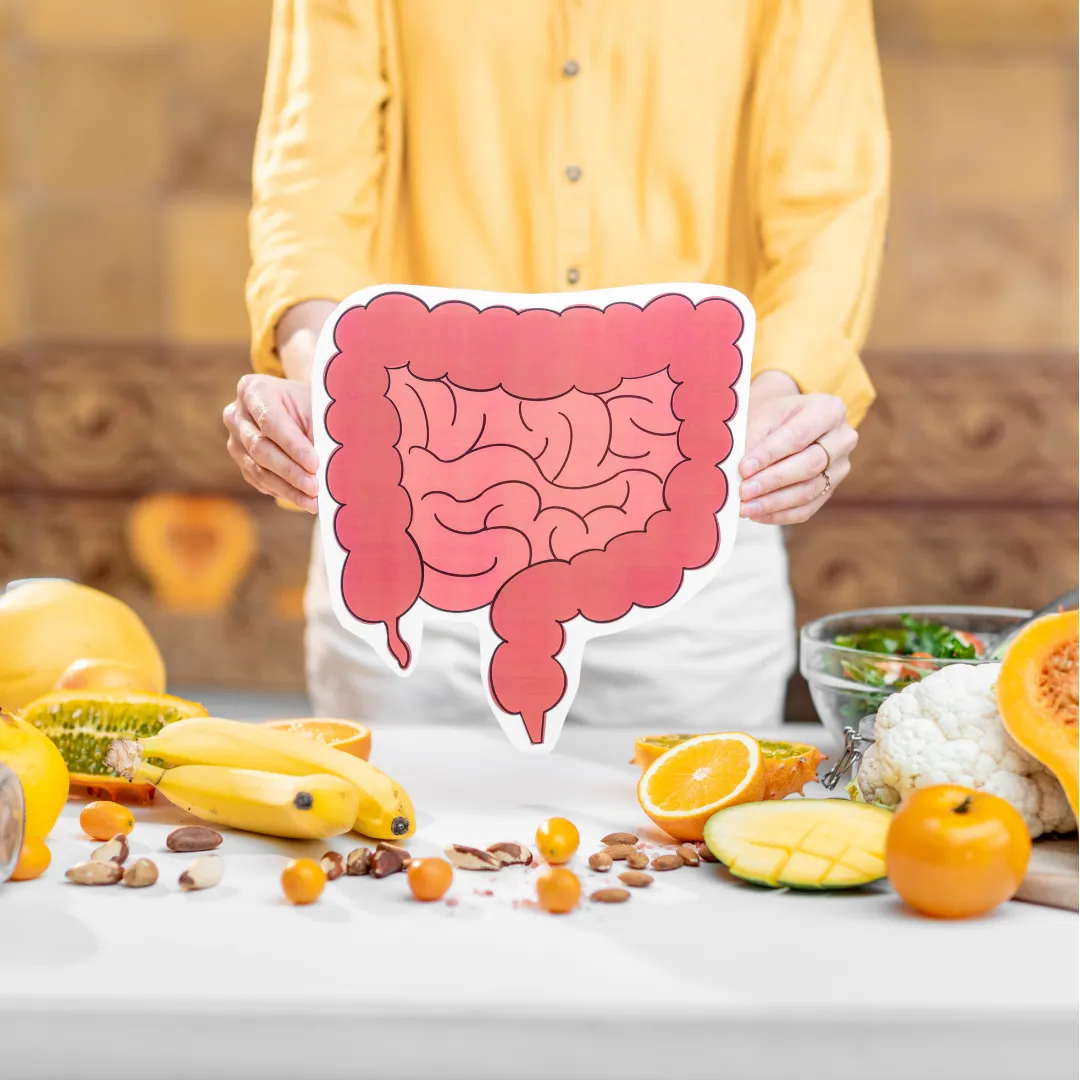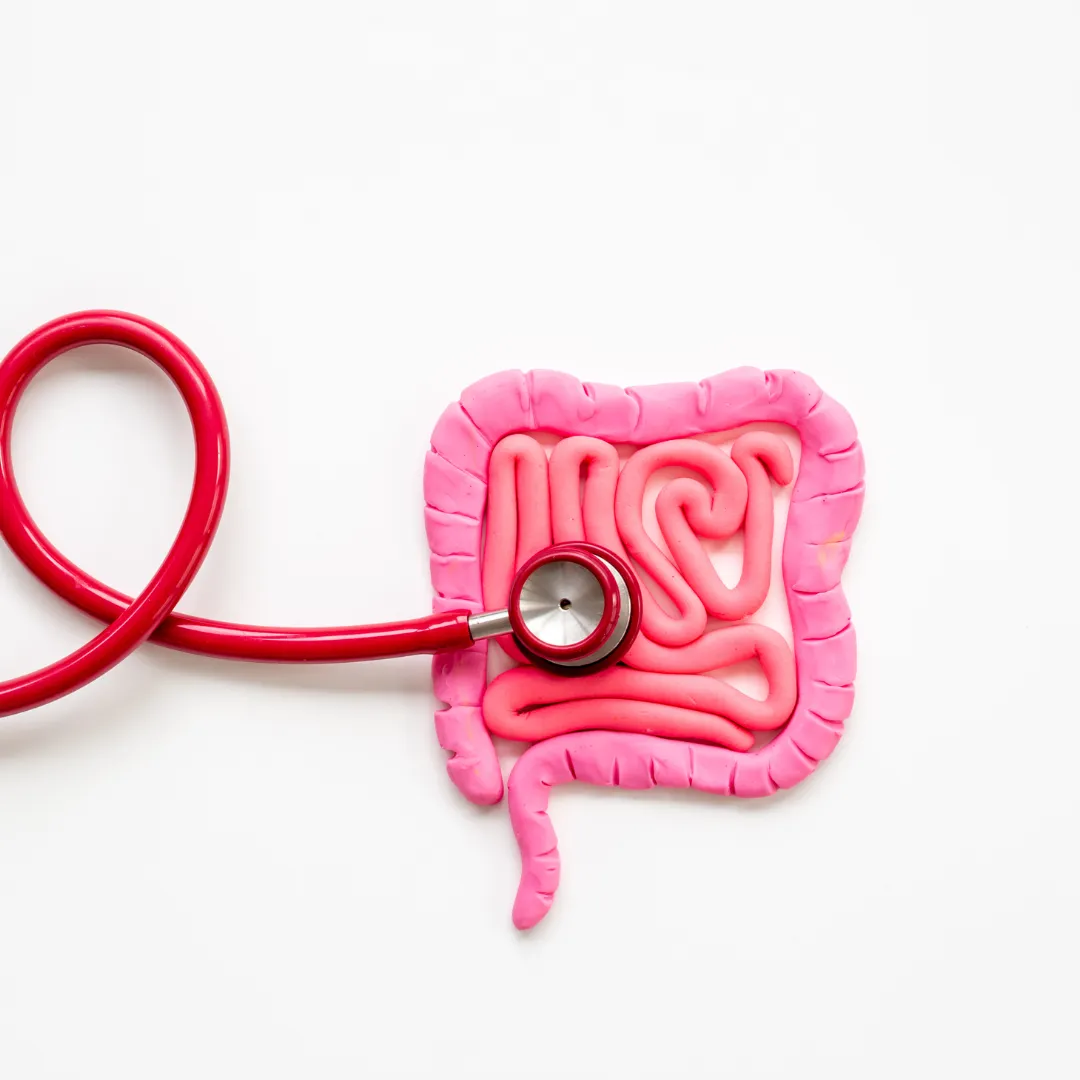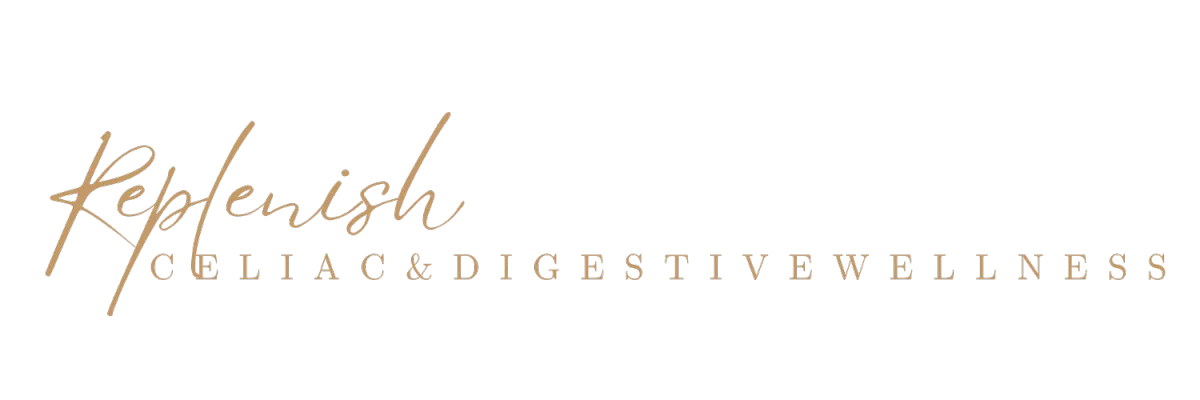Gut Health and Mental Health: The Powerful Connection
The saying "trust your gut" might be more scientifically grounded than we realize. The connection between gut health and mental health is a fascinating and rapidly evolving area of research. Understanding this connection can be a key element in enhancing overall well-being.
Exploring the Gut-Brain Connection
The gut and brain are in constant communication through what is known as the gut-brain axis. This complex communication network involves the central nervous system (CNS), the enteric nervous system (ENS), and the gut microbiome. Let's delve into how this interaction works and its implications for our mental well-being.
The Role of the Gut-Brain Axis
Neurotransmitter Production: The gut produces neurotransmitters like serotonin, dopamine, and gamma-aminobutyric acid (GABA), which regulate mood, anxiety, and happiness. In fact, approximately 90% of the body's serotonin is produced in the gut.
Vagus Nerve: The vagus nerve is a critical component of the gut-brain axis. It facilitates bidirectional communication between the gut and brain. Signals from the gut can influence brain function and mood, and vice versa.
Inflammation: Inflammation in the gut can lead to systemic inflammation impacting brain health. Chronic gut inflammation is associated with mental health issues such as depression and anxiety.
Gut Microbiota: The diverse community of microbes in the gut plays a crucial role in mental health. Imbalances in gut bacteria have been linked to mental health disorders. A healthy microbiome supports mental clarity, stress response, and overall mood stability.
Strategies to Support Both Gut and Mental Health
Given the intricate connection between the gut and the brain, supporting both areas can lead to significant improvements in overall well-being. Here are some strategies to consider:
Dietary Interventions
Probiotics: Incorporate foods rich in probiotics like yogurt, kefir, sauerkraut, and kimchi to promote a healthy gut microbiome.
Prebiotics: Consume prebiotic-rich foods including garlic, bananas, onions, and asparagus, which nourish beneficial gut bacteria.
Omega-3 Fatty Acids: Found in fatty fish, flaxseed, and walnuts, omega-3 fatty acids have anti-inflammatory properties that support brain health.
Fiber: A fiber-rich diet from fruits, vegetables, and whole grains can help maintain a healthy gut.
Lifestyle and Behavioral Changes
Stress Management: Chronic stress can negatively impact gut health. Practices like meditation, yoga, deep breathing exercises, and mindfulness can help manage stress levels.
Physical Activity: Regular exercise promotes healthy digestion and has been shown to enhance mood by increasing the production of endorphins.
Adequate Sleep: Quality sleep is essential for maintaining a balanced gut microbiome and reducing stress. Aim for 7-9 hours of sleep per night.
Supplements and Herbal Remedies
Probiotic Supplements: For those who need an extra boost, taking probiotic supplements can support gut health.
Adaptogens: Herbs like ashwagandha and Rhodiola rosea can help the body manage stress and support mental well-being.
Connection to Celiac Disease
Understanding the gut-brain connection is particularly valuable for individuals with celiac disease. Celiac disease is an autoimmune disorder where ingestion of gluten leads to damage in the small intestine. This damage can cause nutrient malabsorption, which not only affects physical health but also mental health due to potential deficiencies in essential nutrients like B vitamins and iron.
Moreover, celiac disease is associated with an increase in gut inflammation and altered gut microbiota, which can influence mental well-being. Individuals with celiac disease may experience symptoms such as anxiety, depression, and brain fog more frequently if their gut health is compromised.
Adopting a gluten-free diet helps in managing celiac disease, reducing gut inflammation, and restoring a healthy microbiome. This stringent dietary management, combined with the strategies mentioned for supporting gut and mental health, can significantly improve the overall quality of life for individuals with celiac disease.
By nurturing the gut-brain connection, we can pave the way for better mental health and overall wellness, particularly for those facing chronic conditions like celiac disease.
More Articles

Diet and Gut Health
The connection between diet and gut health is profound. What we eat not only fuels our bodies but also influences the balance and function of our gut microbiome. Let’s explore this relationship, identify gut-friendly foods, and highlight foods to avoid for optimal digestive health.

Introduction to Gut Health
When we think about health, often we focus on fitness, balanced diets, and mental well-being. However, an important and sometimes overlooked aspect of our overall health lies within our gut. Understanding gut health is essential because it plays a pivotal role in many aspects of our body's functionality and well-being.

Lifestyle Factors Affecting Gut Health
Our gut health is intricately linked with various lifestyle factors, including stress levels, sleep quality, and physical activity. Understanding and optimizing these factors can lead to significant improvements in digestive health and overall well-being.

Common Gut Health Issues
Gut health is a critical aspect of overall well-being, with various conditions potentially affecting our digestive systems. Let's explore some prevalent gut health issues, including Irritable Bowel Syndrome (IBS), leaky gut, and Small Intestinal Bacterial Overgrowth (SIBO), along with their symptoms, causes, and potential long-term impacts.
About Me
Hi, I'm Jenelle!
Growing up, I faced numerous health challenges, and despite countless doctor visits, the cause of my symptoms remained a mystery. It wasn't until I embarked on my journey through a Holistic Nutrition program that I learned about celiac disease. This education prompted me to seek out a doctor willing to test me for celiac disease, an uncommon practice at the time. Finally, I received the diagnosis that changed my life. From that moment, my world transformed.
As a Doctor of Acupuncture and Holistic Nutritionist, my passion lies in helping others navigate their health journeys, especially parents dealing with their children's celiac diagnosis. I understand firsthand the relief and empowerment that come from finally getting answers and finding the right path to wellness.
As a dedicated wellness professional, I specialize in providing comprehensive health solutions rooted in holistic practices and integrative medicine. My expertise spans multiple disciplines, including holistic nutrition, traditional Chinese medicine, and acupuncture. I focus primarily on guiding parents through the complexities of managing their children's celiac disease, ensuring they have the tools and knowledge necessary for a healthy, balanced life.
Join me in embracing a life of strength and resilience. Together, we can make informed choices that nurture our health and well-being!
Testimonial

John Doe
Finance Manager
Lorem ipsum dolor sit amet, consectetuer adipiscing elit. Aenean commodo ligula eget dolor. Aenean massa. Cum sociis natoque penatibus et magnis dis parturient montes, nascetur ridiculus mus.

John Doe
Finance Manager
Lorem ipsum dolor sit amet, consectetuer adipiscing elit. Aenean commodo ligula eget dolor. Aenean massa. Cum sociis natoque penatibus et magnis dis parturient montes, nascetur ridiculus mus.

John Doe
Finance Manager
Lorem ipsum dolor sit amet, consectetuer adipiscing elit. Aenean commodo ligula eget dolor. Aenean massa. Cum sociis natoque penatibus et magnis dis parturient montes, nascetur ridiculus mus.
Email:info@yourcompany.com
Site: replenishdigestivehealth.com


